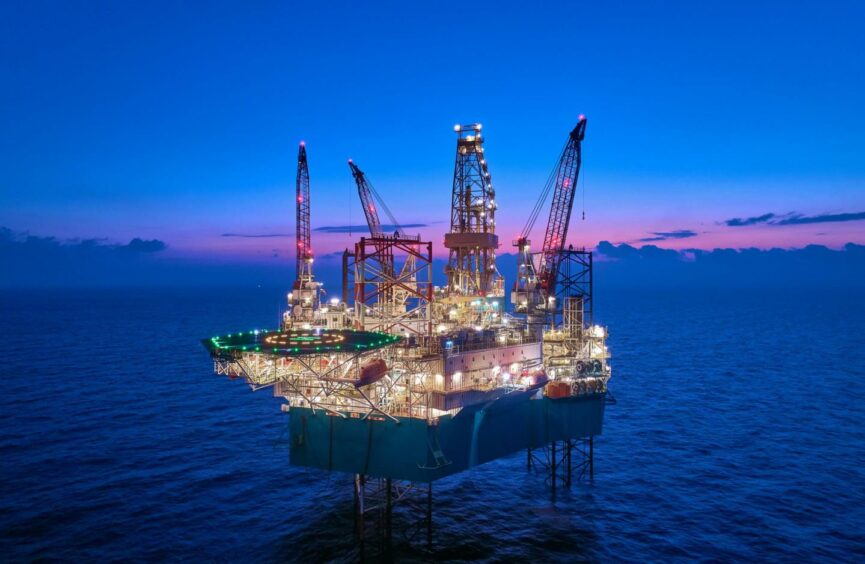
Drilling rig operator Valaris (NYSE: VAL) reported a profitable Q3, as revenues and day rates increased across the board on the back of a renewed focus on energy security.
The Bermuda-registered group reported pre-tax profits of $91.5 million, down on the previous quarter but a far cry from the losses seen in 2021 and the early part of the year.
Operating revenues also rose to $437m – up on last quarter and on Q3 last year – while adjusted EBITDAR increased to $94m, from $54m in Q2.
The results saw a basic income per share of $0.99 for the quarter.
Valaris said the revenue rise was largely due to greater utilisation for its floater fleet and higher average day rates across both the floating and jackup segments.
It did however incur a $51 million termination fee related to the termination of a contract for VALARIS DS-11 during Q2.
Across the quarter the operator reported new contracts and extensions worth more than $250m in backlog, including floater contracts offshore Brazil and Mexico and jackup contracts in the Middle East, the North Sea, Latin America and Australia.
It follows news in September that Shell had exercised a $60m contract to continue using the Valaris 122 jackup in North Sea. The new four-well contract is due to run for around 500 days.
Valaris also signed a deal to divest the 40-year old jackup Valaris 54 for $28.5 million, which is expected to close in March 2023 upon completion of its existing contract.
By segment, floater revenues increased to $202m from $188m in Q2, while jackup revenues rose to $196m from $186m.
Average day rates too rose across the board, reaching an average $222,000 for floaters and $100,000 for jackups for the quarter.
President and chief executive Anton Dibowitz said: “We remain disciplined in our approach to fleet management and recently executed an agreement on a value-accretive rig sale, which will position us to redeploy capital on opportunities with more attractive return profiles.”
Looking ahead, Mr Dibowitz echoed many of his industry peers in foreseeing a “constructive” outlook.
“A lack of investment in new sources of production over the past several years has contributed to a tight supply picture that has been exacerbated by geopolitical instability and an increased focus on energy security.
“We believe that the outlook for commodity supply and demand, and the significant reduction in excess rig capacity over the past several years, lay the foundation for a sustained upcycle. We retain significant operational leverage to the improving market through our high-quality stacked fleet and will continue to exercise our operational leverage in a disciplined manner to help maximize future earnings and free cash flow.”
Recommended for you
